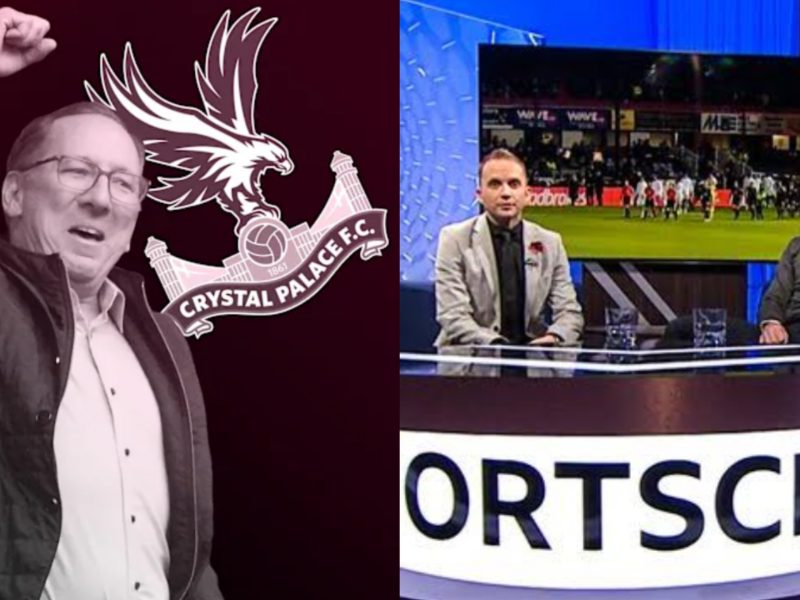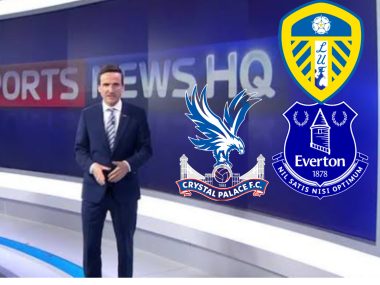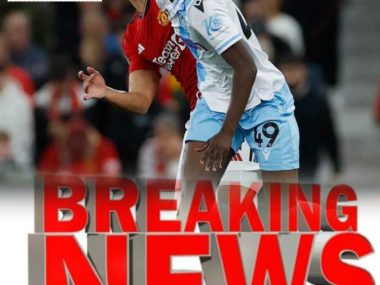Crystal Palace Entangled in UEFA’s Multi-Club Ownership Meltdown – Looming Legal Showdown Could Rewrite European Football Rules
A legal storm is brewing over European football’s increasingly complex landscape of multi-club ownership (MCO), and at the eye of it stands Crystal Palace. Following their unexpected FA Cup victory and subsequent qualification for the Europa League, Palace have triggered what UEFA insiders are calling the most serious challenge yet to the organisation’s MCO rules—rules that may soon be tested at the Court of Arbitration for Sport (CAS) in Lausanne.
At the heart of the controversy is Palace co-owner John Textor, who also holds a significant stake in French club Lyon, which has qualified for the same European competition. UEFA had flagged this potential conflict well before the March 1 deadline for resolving MCO issues, but despite ongoing cooperation with Palace, no resolution has yet been finalized. Textor is in advanced talks to sell his 44.9% share in Palace to Woody Johnson, owner of the New York Jets, but that deal won’t close in time to avoid UEFA scrutiny.
UEFA’s legal department is bracing for a battle that could have sweeping implications. The situation is further complicated by Lyon’s ongoing financial troubles, which are under review by French football’s DNCG watchdog. A relegation or European ban for Lyon would offer UEFA a convenient escape from the conundrum, but both outcomes remain unlikely.
“This is a perfect storm,” commented one club executive familiar with the case. “UEFA now finds itself entangled with three clubs—Palace, Lyon, and Brøndby—all connected through overlapping ownerships, with unclear communication and layers of regulatory grey zones.”
Recent legal precedents have UEFA on edge. CAS recently upheld FIFA’s decision to expel Mexican club León from the Club World Cup due to shared ownership with Pachuca, despite attempts to separate the clubs via a blind trust. Palace fears this ruling could be used against them.
If Palace are barred from Europa League participation, Nottingham Forest—who would move up from the Conference League—could sue if denied the upgrade. Sources suggest Forest’s billionaire owner, Evangelos Marinakis, is prepared to challenge UEFA in court, motivated by the financial windfall that comes with a place in the more lucrative Europa League.
Behind the scenes, UEFA is trying to walk a tightrope. While there is reportedly a desire to accommodate Palace, the governing body is also wary of exposing its own MCO regulations to a courtroom challenge—particularly from a club like Palace, whose owners could punch holes in UEFA’s already strained framework. Ironically, UEFA may prefer a legal battle with Forest, viewing it as a less risky opponent.
Adding to the tension, Irish club Drogheda were recently expelled from European competition for failing to meet UEFA’s MCO compliance deadline—raising further questions about consistency in enforcement.
UEFA’s Article 5, the rule governing MCO, dates back to 2001 and has been revised only minimally over the years. The rule was originally drafted after a legal challenge by ENIC, then-owners of Tottenham, and it has only come under real pressure in the last decade as MCO has exploded globally. In 2017, Red Bull’s ownership of both RB Leipzig and Salzburg forced UEFA to shift the language from “control” to “decisive influence.”
Now, clubs like Aston Villa, Brighton, Toulouse, Manchester City, Manchester United, and Girona are navigating MCO minefields, often by placing one club’s shares into blind trusts. But UEFA’s short-term workaround won’t hold forever. A looming July 1 deadline for compliance is approaching for clubs using this loophole, and it remains unclear how further conflicts will be resolved.
MCO is here to stay. Research by MCO Insights predicts over 800 top- and second-tier clubs will be under shared ownership by 2030—double today’s figure. Experts like Simon Leaf, head of sport at Mishcon de Reya, warn that the legal weaponization of competition law by clubs could erode UEFA’s regulatory power altogether.
“Clubs are increasingly prepared to challenge rules they don’t like,” Leaf said. “That puts UEFA and other bodies in a bind: adapt now or be dragged to court again and again.”
As Palace await a ruling that could define their European future—and as UEFA contemplates a regulatory rewrite—it’s becoming clear that the game’s next major battle won’t be fought on the pitch, but in the courtroom.
Crystal Palace Caught in Explosive Ownership Storm – Multi-Club Chaos and Legal Threat Could Tear Premier League Side Apart! Shocking Twist Unfolds as Court Battle Looms Over Club’s Future!
Crystal Palace Caught in Explosive Ownership Storm – Multi-Club Chaos and Legal Threat Could Tear Premier League Side Apart! Shocking Twist Unfolds as Court Battle Looms Over Club’s Future!



